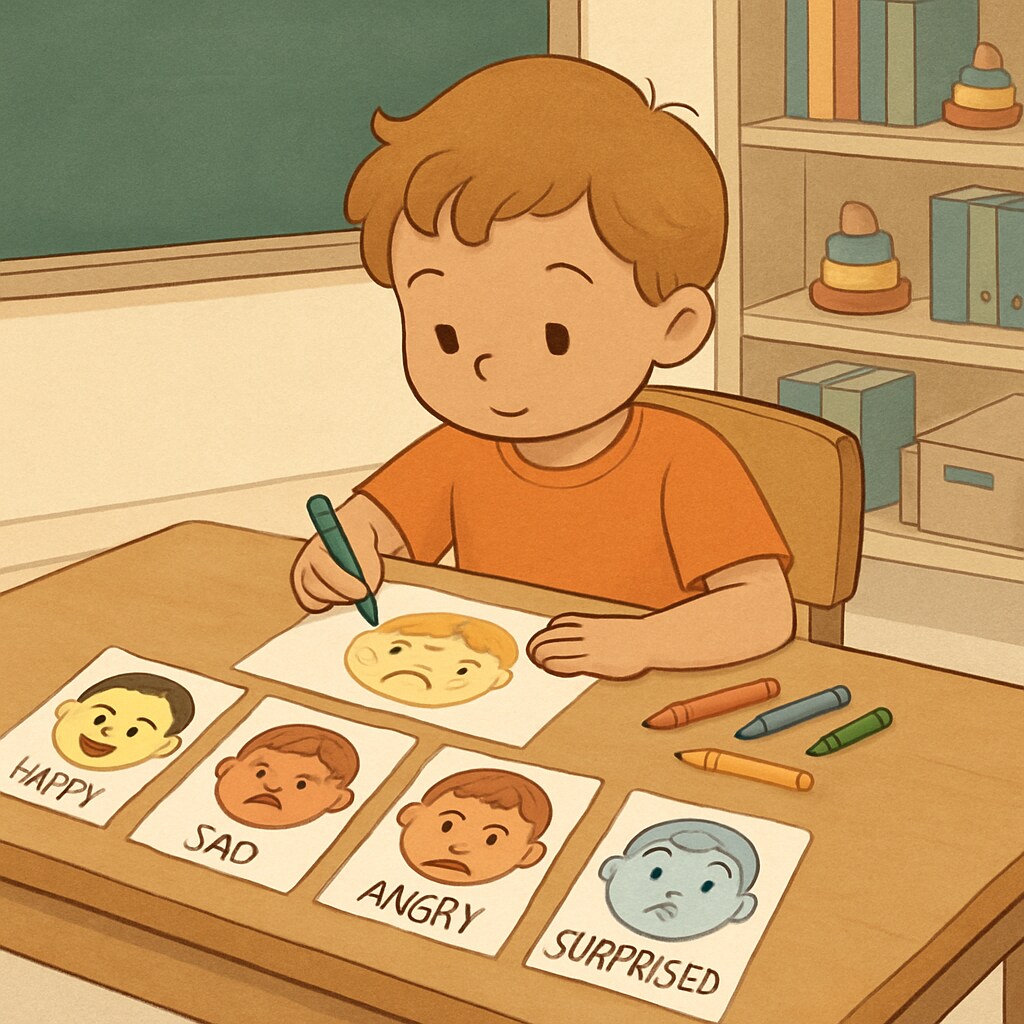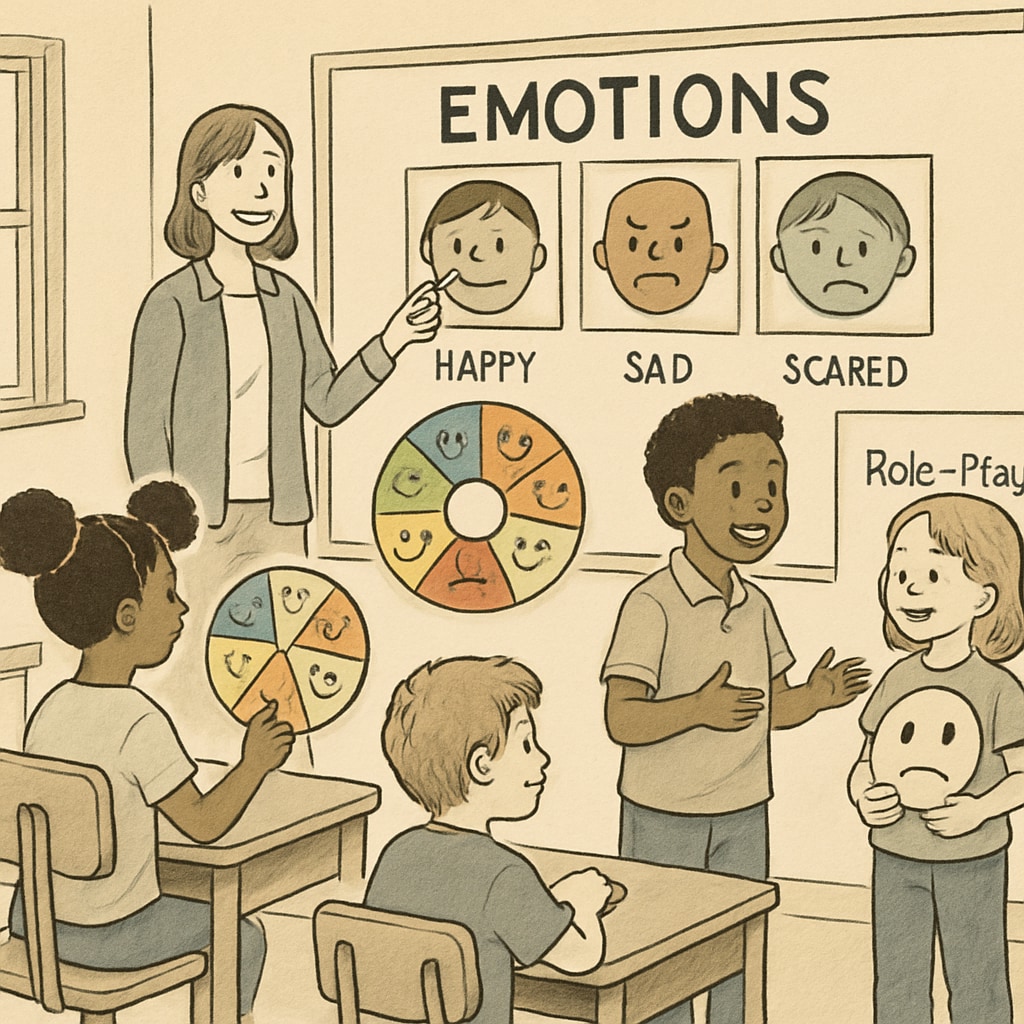Emotional education, child development, emotional management are interconnected aspects that shape a child’s overall well-being. Unlike cognitive skills, emotional intelligence (the ability to identify, understand, and regulate emotions) is not innate; it must be cultivated through thoughtful education and guidance. By prioritizing emotional learning, parents and educators can lay the foundation for children’s holistic growth and lifelong happiness.
What Is Emotional Education?
Emotional education refers to teaching children how to recognize, understand, and express their emotions in constructive ways. It encompasses skills like self-awareness, empathy, and emotional regulation. These abilities are critical not only for personal well-being but also for forming healthy relationships and navigating challenges throughout life.

Why Emotional Education Matters for Child Development
Child development involves more than academic achievement; emotional growth is equally important. Without guidance, children may struggle to process their feelings, leading to frustration, anxiety, or behavioral issues. Emotional education equips them with tools to cope with challenges, improving resilience and mental health.
- Healthy Emotional Expression: Teaching children to articulate their emotions prevents harmful behaviors like aggression or withdrawal.
- Strengthened Relationships: Empathy and emotional intelligence enhance social skills, helping children build meaningful connections.
- Improved Academic Performance: Emotionally regulated children tend to focus better, boosting their learning outcomes.

How Emotional Education Influences Future Happiness
Research has shown that emotional intelligence significantly impacts success and satisfaction in adulthood. For example, studies from Britannica highlight how emotional management contributes to better decision-making and stress resilience. Furthermore, Wikipedia notes that emotionally intelligent individuals often excel in professional and personal spheres.
By teaching emotional skills early, children learn to:
- Navigate complex social dynamics effectively.
- Adapt to life’s challenges with confidence.
- Maintain healthier mental and physical states.
As a result, emotional education fosters long-term happiness and stability.
Practical Tips for Incorporating Emotional Education
Parents and educators can integrate emotional learning into daily routines through simple yet impactful strategies:
- Open Communication: Encourage children to share their feelings openly without fear of judgment.
- Model Emotional Intelligence: Demonstrate empathy and calmness in challenging situations to lead by example.
- Use Educational Tools: Employ books, games, and activities that teach emotional vocabulary and regulation techniques.
- Create Safe Spaces: Provide environments where children feel comfortable expressing themselves.
By nurturing emotional intelligence, adults can empower children to thrive emotionally, socially, and academically.
Readability guidance: Use short paragraphs and lists to summarize key points; avoid excessive technical jargon; ensure smooth transitions between sections; maintain a conversational yet professional tone.


